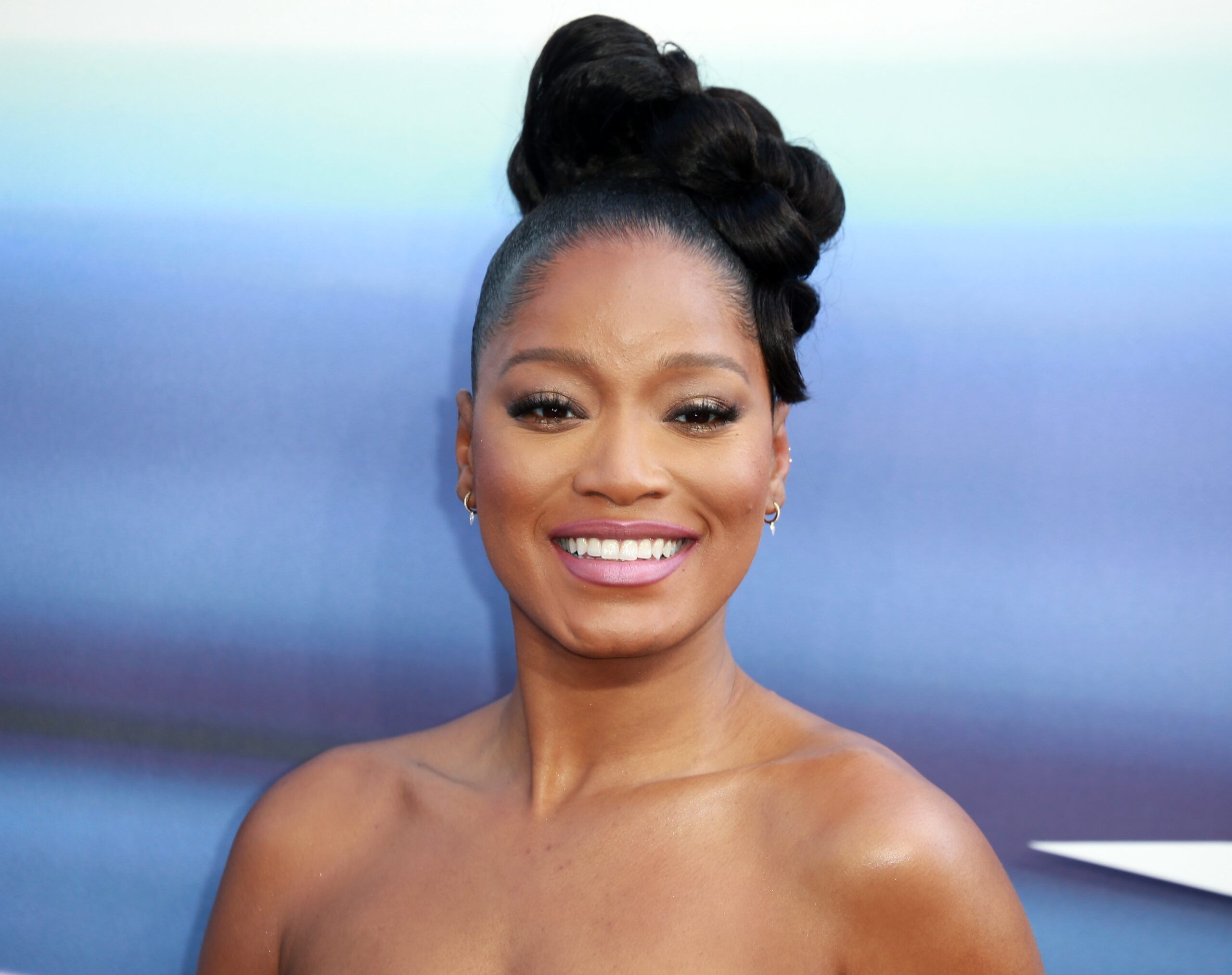After starting out as a singer in the mid-2000s, Keke Palmer has blossomed into a world-famous actress, writer, director, and so much more. On her latest venture, Big Boss, Palmer was all of these things at once, directing a full film project as her latest album. As much as the film represents a culmination of her career, it also looks back on her struggles in the music industry, particularly the unchecked misogyny.
At the age of 12, Palmer got her first label contract with Atlanta Records. In subsequent years, she has become better known as an actress, having recently starred in Nope, but over the years she’s released two LPs, four EPs and 28 singles—in addition to all the other work she does in the industry. Now, through Big Boss, she’s ready to have a long overdue conversation about the music industry.
Related:
Keke Palmer Announces New Film and Album Both Titled ‘Big Boss’
The multi-hyphenate creative just announced new projects that will show that she truly is the “Big Boss”
Even as she speaks to one specific industry, Palmer wagers her experiences are sadly universal. “We all know what it’s like to be in a space where we’re dealing with tons of misogyny and then trying to get people to just see you and your value and then ultimately realizing that you go where you are valued and that you don’t need to actually force anything,” she told People in a recent interview.
“If they see it, great. If they don’t, you’ve got to move on and create a space that is more conducive for your mental wellbeing and creative flow. I just wanted to share that I’ve gone through it. I experienced my own hardships, and ‘Hey, this is how I dealt with it, and this is how I moved on.’”
Palmer has spoken out about misogyny in the industry in the past. After appearing in a cameo for Trey Songz’s “Pick Up The Phone” music video in 2017, she alleged that she had been secretly filmed without her consent. She also said that after she had originally declined to be in the video, Songz used “sexual intimidation” against her.
While the Songz incident did break through to the public, Palmer explained that there are many others that don’t. “As far as being in an uncomfortable situation as a woman, where I’m either being sexually harassed, intimidated or just being made uncomfortable in a space that’s dominated mostly by men, those are very real people, and that’s a very real, accurate situation,” she said. “And there are countless others.”
In short, she feels it’s past time the music industry had its own #MeToo moment. “It hasn’t happened in music, and it should,” she said. “Bad shit happens in all industries, obviously, but specifically entertainment. We know bad things happen in all of them, but it’s almost like the acting world represents a union and the music industry represents non-union.
“It’s happening in the actor world but eventually, it’s going to come to a damn halt. Somebody’s going to get called out. Something’s going to happen. At some point, we’re going to come to some kind of understanding. With music, it’s like everybody is being paid, and everybody’s a crooked cop. So, it seems like nothing will ever really come to a head.”
Big Boss is available for free on Palmer’s streaming platform, KeyTV Network.
Don't forget to share:
Help make sure LGBTQ+ stories are being told...
We can't rely on mainstream media to tell our stories. That's why we don't lock our articles behind a paywall. Will you support our mission with a contribution today?
Cancel anytime · Proudly LGBTQ+ owned and operated
Read More in Entertainment
The Latest on INTO
Subscribe to get a twice-weekly dose of queer news, updates, and insights from the INTO team.
in Your Inbox














